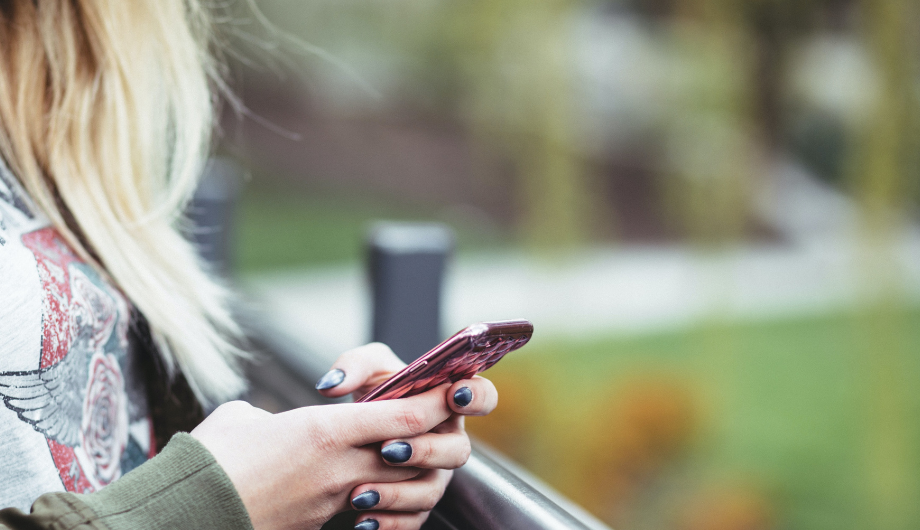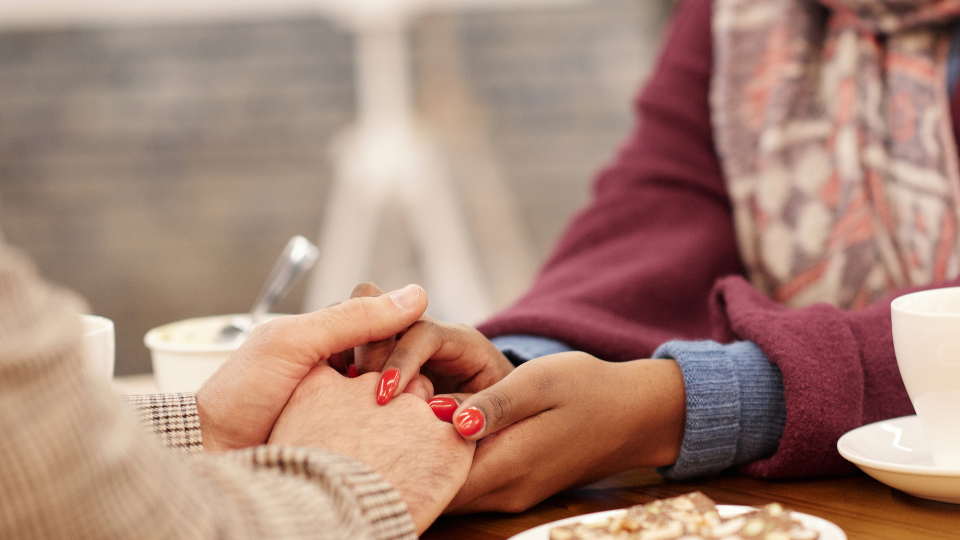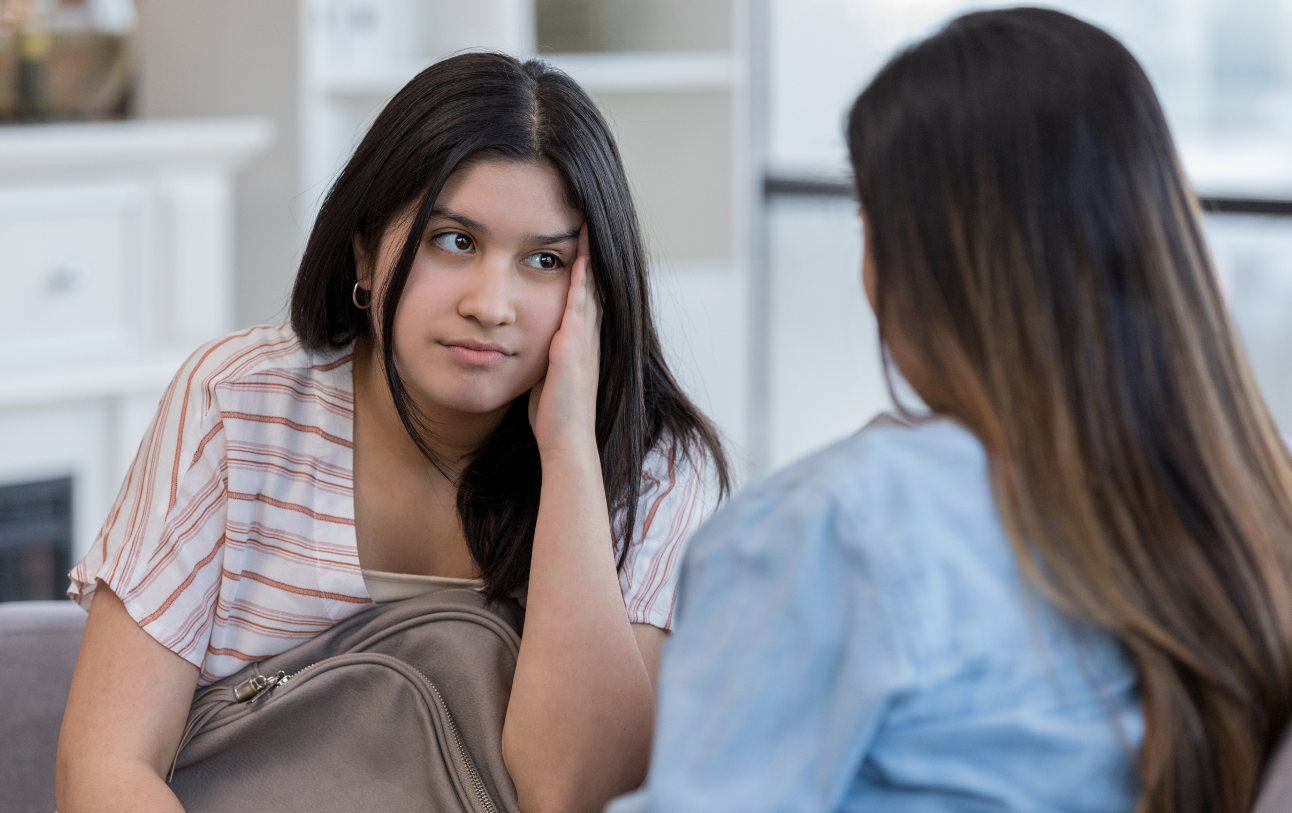As a friend, family member or neighbour, it’s not your responsibility to stop domestic abuse. But you can do a lot to help by following a few simple steps:
- Prepare
- Ask
- Listen
- Reassure
- Offer help
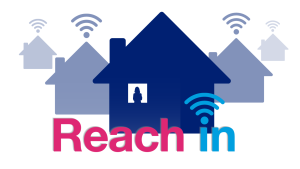
Welcome to our brand new website, providing you with easier access to our training, research and resources!
It’s hard to reach out for help from behind closed doors. We need someone outside to reach in.
As a friend, family member or neighbour, it’s not your responsibility to stop domestic abuse. But you can do a lot to help by following a few simple steps:

Think of safety first and don’t put yourself or your friend at risk.
Start conversations gently, conveying your concern.
A common concern is feeling like you don’t know enough about domestic abuse to respond well. But simply listening can help someone to break the silence around their situation.
If someone tells you they are being abused, the important thing to convey is that you believe the person. And to let them know what’s happening to them is wrong.
Make suggestions, not demands. It’s important not to pressure the person who is experiencing abuse. They need to make their own decisions in their own time.
If you, or someone else, is in immediate danger call 999 and ask for the police.
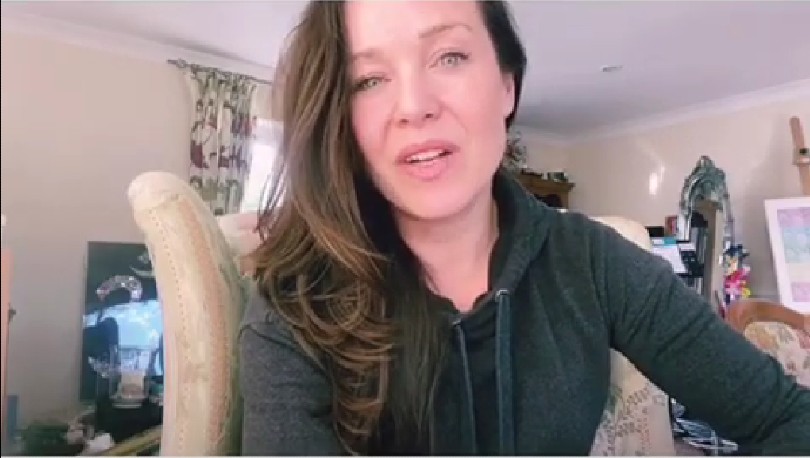
Former SafeLives Pioneer Celia Peachey talks about the power of reaching in when you’re worried about someone experiencing domestic abuse.
